Pediatric Critical Care Medicine (PCCM) Residency Program
SUPPORTIVE
LEARNING ENVIRONMENT WITH FEW FELLOWS AND EARLY SENIORITY
DIVERSE
CLINICAL EXPOSURE ON UNITS WITH BUSY TRAUMA, TRANSPORT, ECMO AND TRANSPLANT SERVICES
CUTTING EDGE
LEARNING THROUGH SIMULATION AND
3D VISUALIZATION
EXPERIENCES
Interview/CaRMS Specific Information
The PCCM Residency Training Program is open to trainees from pediatrics, emergency medicine, surgery and anesthesia. The program is fully accredited by the Royal College of Physicians and Surgeons.
Interviews for the Pediatric Critical Care program will be conducted virtually. There will be interviews with four of our teaching faculty and the program director. There will also be an opportunity to ask questions of our current residents.
Applicants must have a demonstrated interest and abilities in pediatric critical care medicine (appropriate level of training). We understand that with the restrictions imposed to protect our communities during COVID-19, not all applicants will have had the same opportunities to get elective experiences. This year, we will not be considering local elective experience when ranking candidates. The following are attributes we look for in successful candidates:
- Well spoken and a good listener
- Interest/Knowledgeable about the subspecialty and the program
- Excellent character
- Demonstrates good motivations and leadership skills
- Scholarship experience
- Excellent evaluations from clinical preceptors
We welcome applications from international applicants for one-year or two-year training periods.
Contact Us
Pediatric Critical Care Medicine Program
Edmonton Clinic Health Academy
11405 - 87 Avenue
Edmonton, Alberta
Canada T6G 1C9
Email: pedscrit@ualberta.ca
Dr. Jon Duff
Interim Program Director
Dr. Gurpreet Kharia
Program Director
Dalila Mathus
Program Administrator
Email: pedscrit@ualberta.ca
Welcome to Our Program
The Division of Pediatric Critical Care at the University of Alberta, in conjunction with the Stollery Children's Hospital, offers a two-year residency training program in Pediatric Critical Care. The program is accredited by the Royal College of Physicians and Surgeons of Canada, and is open to trainees from Pediatrics, Emergency Medicine, Surgery and Anesthesia. The program prepares the resident to practice critical care medicine in a tertiary/quaternary setting, caring for both medical and surgical patients including trauma and solid organ transplant. A high volume of cardiac intensive care allows the trainees to gain experience in a wide variety of situations. In addition, we have busy ECMO, VAD and transport medicine programs. Our program offers a comprehensive clinical-based residency with a strong educational focus and the opportunity to work with internationally recognized researchers and educators.
Thank you for applying to our program and we look forward to meeting you.
Our Program
The Pediatric Critical Care Medicine (PCCM) Residency Training Program at the University of Alberta prepares residents for practice in pediatric critical care medicine in a tertiary/quaternary setting, caring for both medical-surgical and cardiac patients.
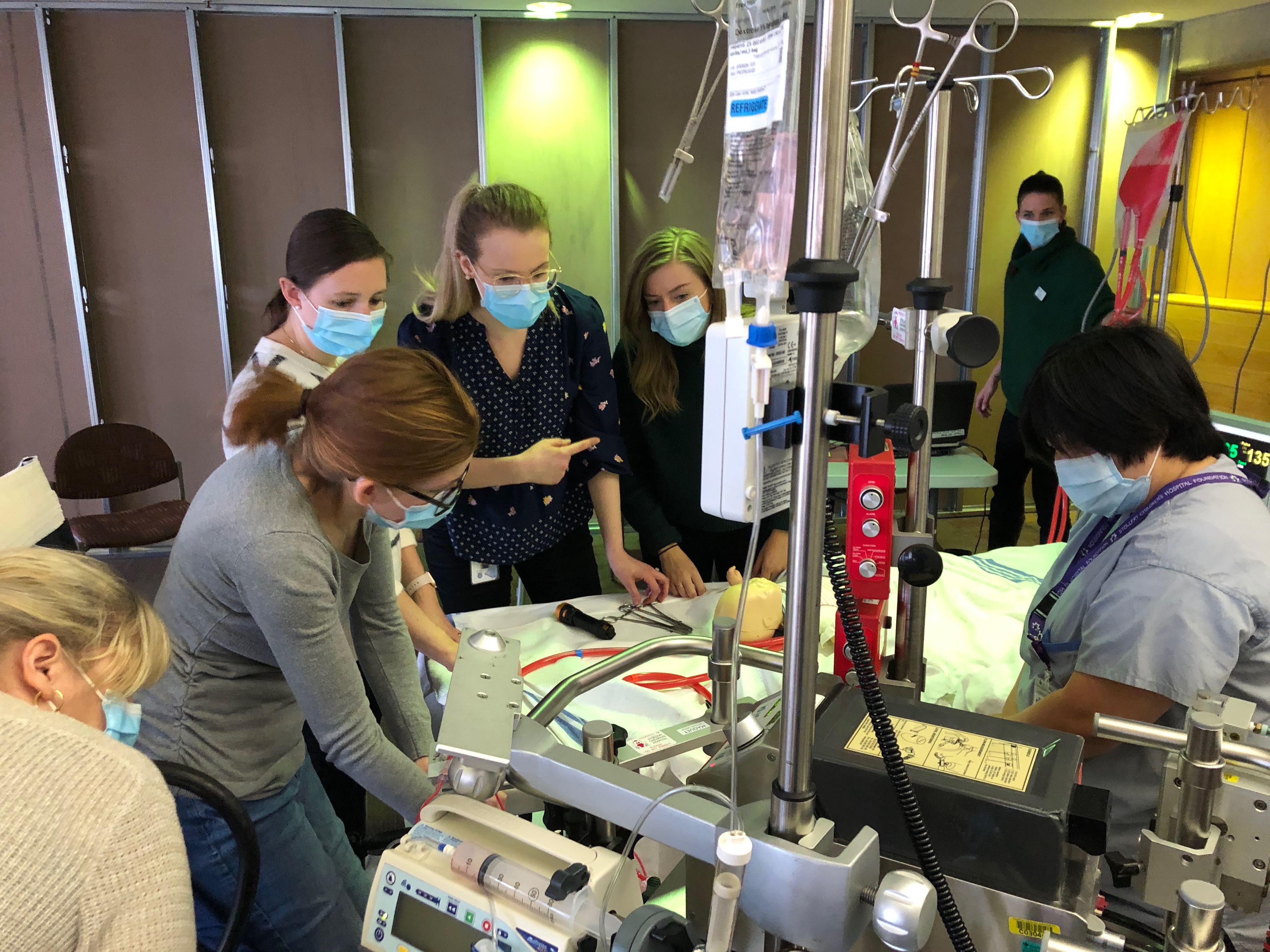
Program Highlights


Only 4 PCCM trainees in the program (2-3 per year) means lots of exposure and early seniority on busy clinical services



An engaged, supportive, and active teaching faculty

Residency at a Glance
The pediatric critical care medicine residency program is 2 years in length and prepares residents for practice in a tertiary/quaternary setting, caring for both medical-surgical and cardiac patients. The Critical Care Environment at the Stollery Children’s Hospital is a Level 1 trauma center, a referral center for solid organ transplant (including heart, lung, kidney, liver and small bowel), a busy Extra-Corporeal Life Support (ECLS) program with over 30 ECMO runs per year, and the referral center for the Western Canadian Children’s Heart Network which performs over 500 congenital heart surgeries annually. It also has a busy transport program with over 300 transports performed annually.
Residents spend 15 4-week blocks within the pediatric critical care environment (split between a 16-bed medical surgical PICU and a 16-bed cardiovascular surgical critical care PCICU). Mandatory off-service rotations include one block of Pediatric Anaesthesia. There are three blocks of protected research time over the two years of residency. There is a block of elective (call free) time each year that can be taken within or outside of Edmonton. The remaining time is given to a choice of multiple selectives that are taken within Edmonton. Selectives to choose from include adult critical care, POCUS, transport, palliative care, clinical ethics, VAD/ECMO, echocardiography, diagnostic imaging, nephrology, NICU and others.
Teaching Hospitals
We are a fully accredited program that follows the guidelines set out by the Royal College of Physicians and Surgeons of Canada.
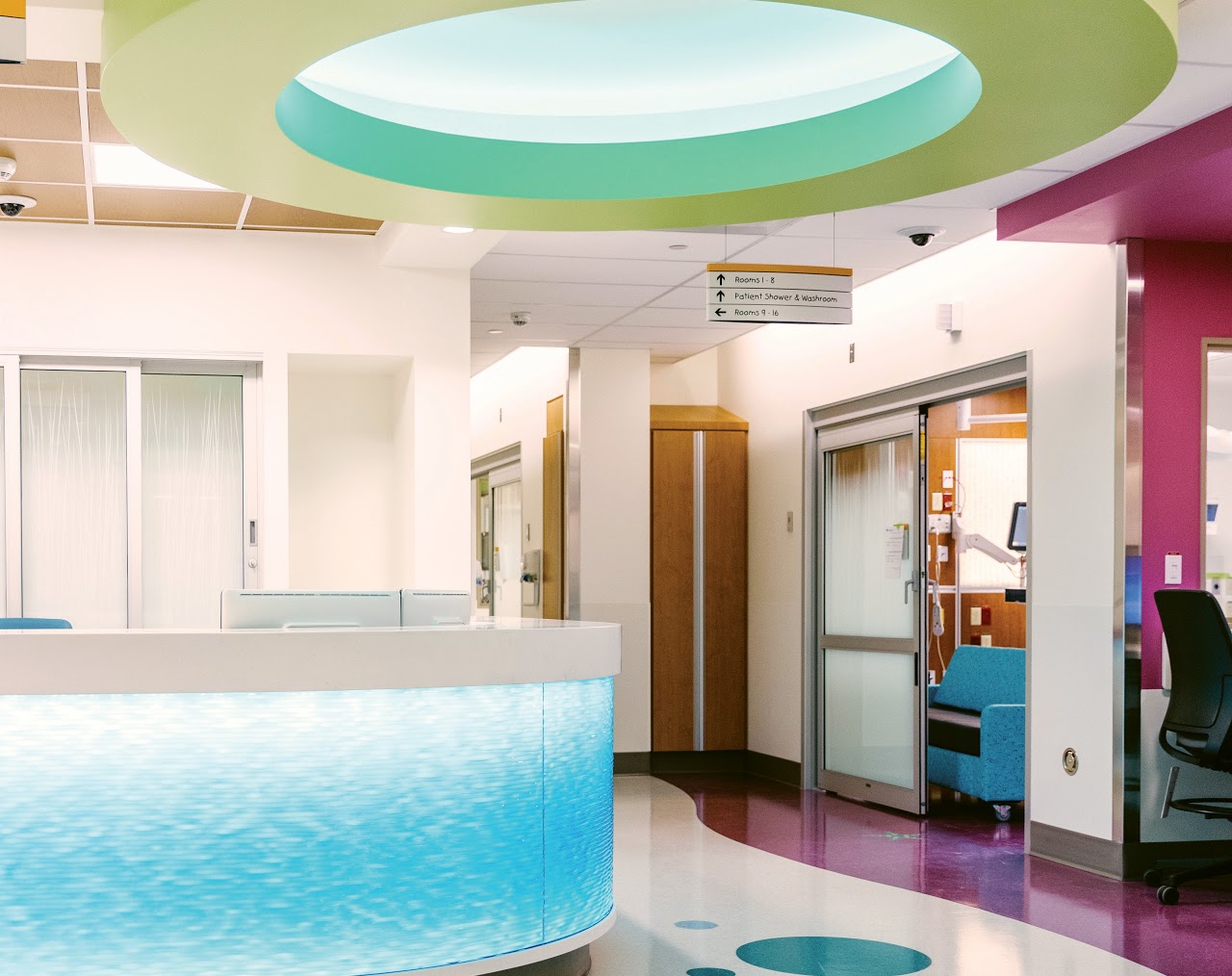
The majority of training is provided in the Pediatric Critical Care Unit at Stollery Children’s Hospital, Edmonton. Opportunities are given for out of ICU rotations, as well as out of institution electives.
Funding or Additional Info
Program Supports
We have only 5 fellows in our program, meaning that our fellows get lots of one on one time with staff. Formal education sessions include an academic half day, monthly journal club, weekly city-wide critical care rounds, as well as a host of other subspecialty rounds to which the fellows are invited. Simulation is significantly integrated into our academic curriculum and we have a brand new simulation lab within the PICU. We run a POCUS curriculum involving full day bootcamps, an online curriculum and regular scanning days. Residents are encouraged to complete a minimum of one scholarly project during their training and are offered formal research mentorship. Other resident benefits include funding and protected time to participate in the PALS, ATLS, and ECLS courses which are offered in the first and second year of training. Residents receive funding to travel to one major conference a year.
Resident Testimonials
We asked our residents what they like about Edmonton, their highlights of the program, and one piece of advice for applicants about the interview process. Here is what a few of them had to say.
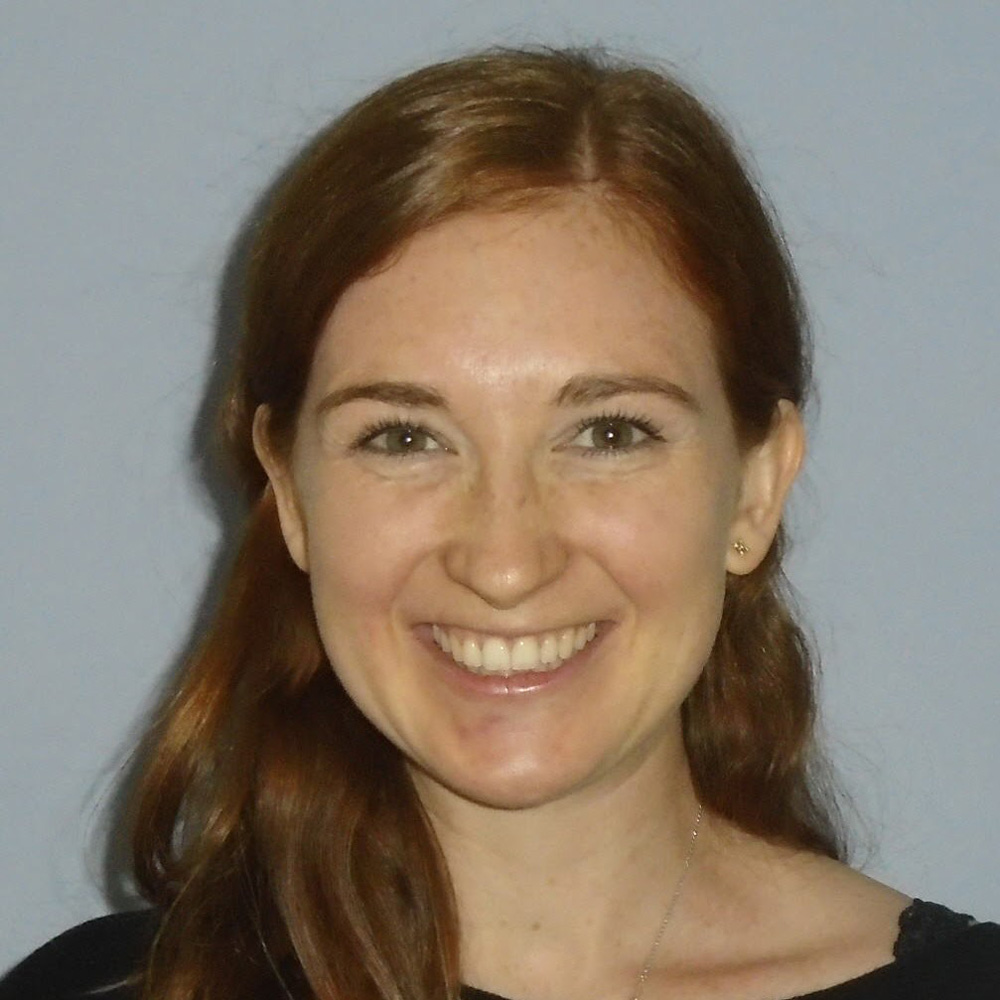
What do you like about Edmonton: I love Edmonton! I have found it to be a very welcoming city. Down-to-earth people. A beautiful river valley with hours of trails for biking, running, cross-country skiing. Awesome selection of restaurants. Access to the Rocky Mountains. It certainly didn't take long for Edmonton to feel like home.
What are the highlights of the program for you: The people! I love the team that we work with— PICU/PCICU staff, our co-fellows, admin and allied health professionals create a true team dynamic and make it a joy to come to work. There is high volume and high acuity. Excellent exposure to ECLS, PICU transport, solid organ transplantation and cardiac critical care unit, in addition to bread and butter pediatric critical care.
What is one piece of advice that you want to share with applicants about the interview process: If possible, try to spend some time with the teams from the different programs to which you are applying. A critical care fellowship is a challenging fellowship, and it is important to feel connected to and supported by the team that you will work with. See which program you really jive with. They each have a different feel and different strengths.
Sarah Farrow (University of Toronto)
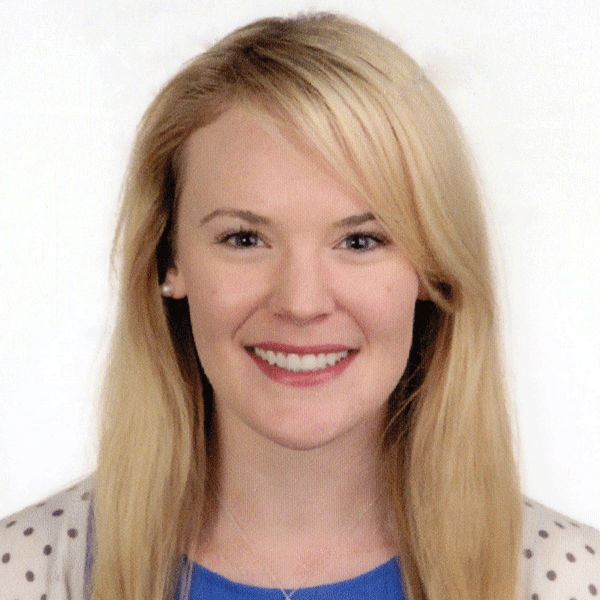
What do you like about Edmonton: Edmonton, while a large city, has a community feel which is best appreciated when you live here. Edmontonians are incredibly friendly and welcoming (depending on which hockey team you cheer for) and there is a lot to see and do. There is an amazing restaurant and bar scene, quaint neighbourhoods and cafes to catch up with friends, festivals and beautiful outdoor green spaces to enjoy in the summer and winter.
What are the highlights of the program for you: I chose the Edmonton program due to the high acuity and diversity of patient presentations include ECMO and solid organ transplantation, as well as the optimal resident-to-patient ratio at this center. I was also very interested in spending a greater portion of my time working exclusively in the cardiac ICU and managing complex congenital cardiac patients. The learning environment is second to none in Edmonton and all of my staff, co-residents/fellows, nurses and allied-health have a been so welcoming and supportive since I started my fellowship.
What is one piece of advice that you want to share with applicants about the interview process: If you have the opportunity to spend some time in PICU and PCICU, I would highly recommend it as your time as a resident will be split between the two units, so it would be good to check out both. If you have any questions about the program, I know myself or anyone of my co-residents/fellows would be happy to help you.
Lauren Ryan (University of Alberta)
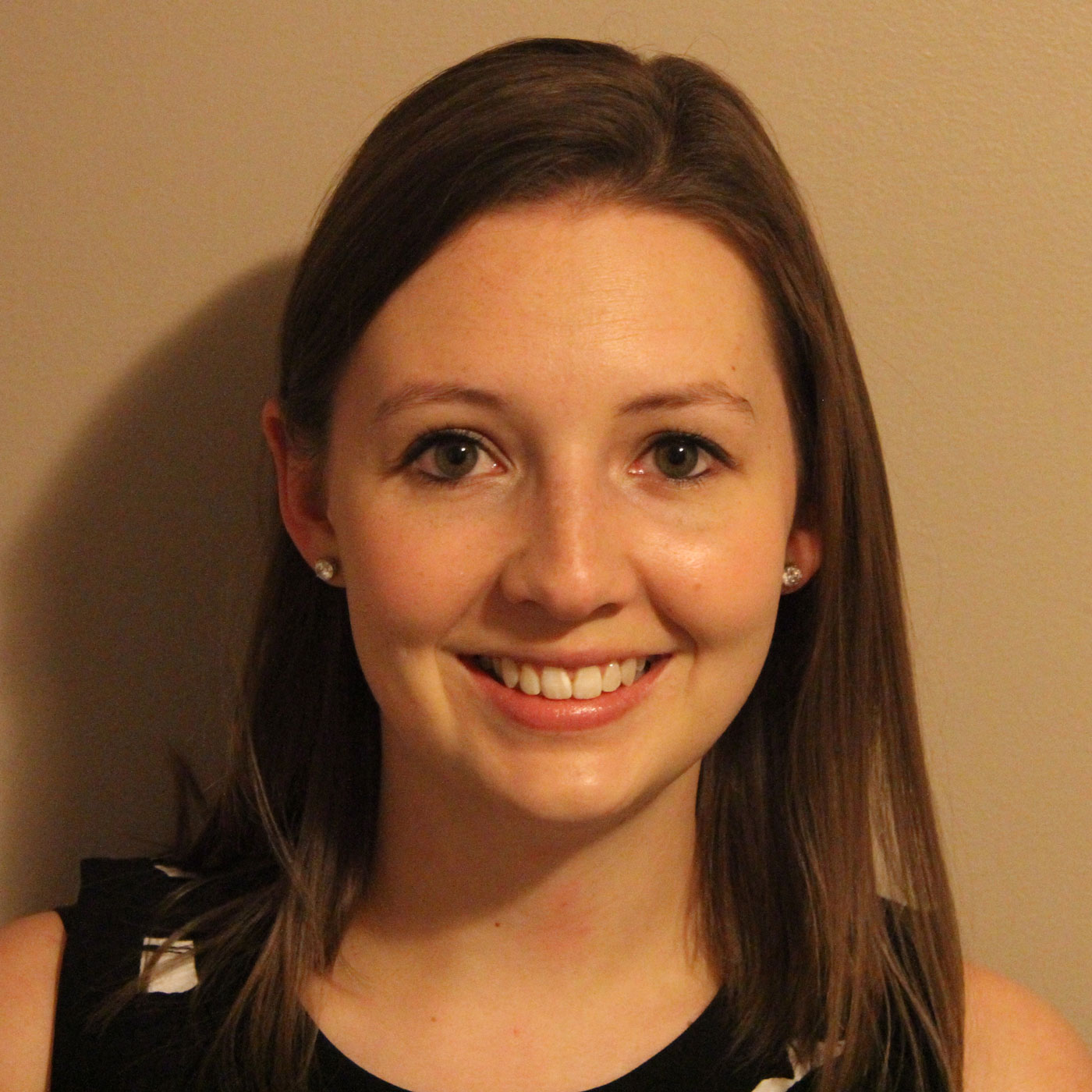
What do you like about Edmonton:
- very friendly city
- the river valley is beautiful and there are lots of parks for walking, riding bikes, hanging with friends/family
- always new restaurants popping up
- the winter wasn't that bad (even coming from a girl who lived for her chinooks in Calgary)
What are the highlights of the program for you:
- knowledgeable and personable staff
- close knit group of fellows who are supportive of one another
- emphasis on teaching with high quality academic half day sessions
- receptive program director who is always looking for new ways to innovate the program (ex. incorporation of ultrasound this year into half days and to make it a formal part of the rota based on fellow feedback, 3D printing for our rare procedures day).
- even with COVID, high volume centre with a wide breadth of clinical presentations between the PCICU and PICU units
What is one piece of advice that you want to share with applicants about the interview process: I found CaRMS this time around much less stressful and more personable than I had when applying for residency. Think about this application as more of a two way street - the program will be looking to see if you would be a good fit but it is equally as important for you to do the same. During the interview process, ask many questions and really get to know the people and the program. Most importantly, enjoy yourself and good luck!
Jackie Harrison (University of Calgary)
